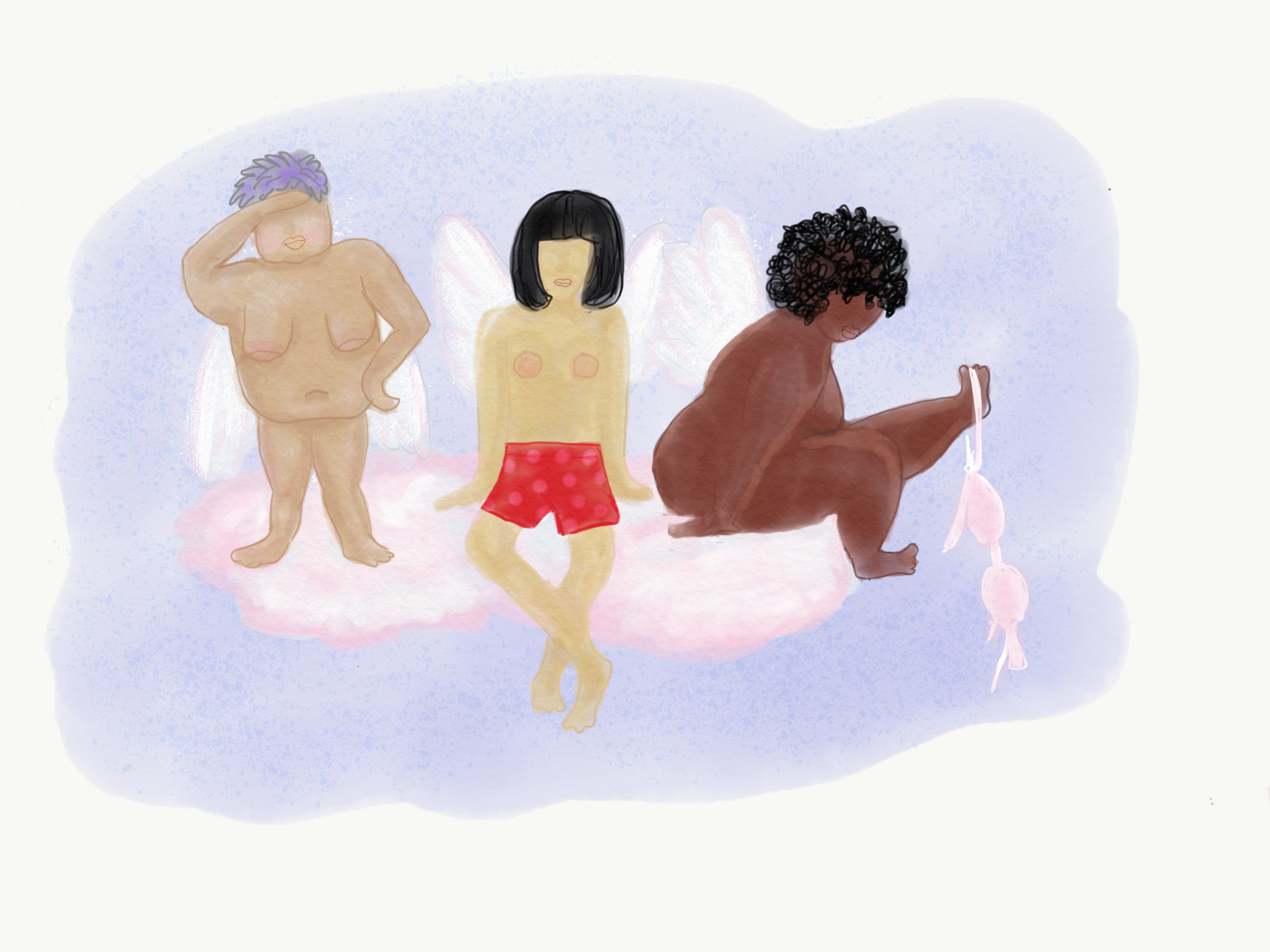Victoria’s Secret used to have a monopoly on the bra. However, that hold on the undergarments industry is slipping as Victoria’s Secret fails to adapt to different ideas of feminine expression and body confidence.
Their aesthetic tie to the traditional male fantasy is out of touch with what all of us actually want: to feel good without approval from anyone else.
In 2018 alone, Victoria’s Secret stock dropped 41 percent. That’s a substantial drop, even for a company whose popularity has reportedly been waning since 2016. In a 2017 Wells Fargo survey, 60 percent said the brand felt fake. All of this data was accumulated before recent comments by Ed Razek, chief marketing officer of L Brands—the parent company of VS—went viral.
“Why don’t you do [size] 50? Shouldn’t you have transsexuals in the show? No, I don’t think we should,” Razek told Vogue earlier this year. “Why not? Because the show is a fantasy. It’s a 42-minute entertainment special. That’s what it is.”
These comments came less than a month before the premiere of the show on Dec. 2. By then, Razek had received his fair share of backlash. Popular YouTube personality and transgender model Gigi Gorgeous stated that Victoria’s Secret, “definitely lost a customer in [her].” Plus-size model Tess Holliday tweeted in response, “Who needs VS anyway?! They never supported plus ladies & now they are trying to dis my trans sisters? Kiss my fat ass.”
Razek apologized on Twitter a day after the article went up, stating, “[Victoria Secret Fashion Show] would absolutely cast a transgender model for the show,” and that “it was never about gender.”
Try as Razek might, the damage was done. Only 3.27 million people watched the show—their lowest ratings in broadcast history. The comments were brought up again post-show when the performer Halsey released a statement about Razek’s lack of inclusivity. In light of his actions, she donated to GLSEN—an organization focused on helping LGBT students—with respect to those youth targeted by these comments.
Even if the comments were made carelessly, it can’t be ignored that Victoria’s Secret as a brand simply doesn’t value their consumers who don’t fit the skinny, busty, hyper-feminine, cisnormative “Angel” stereotype. This is why brands like American Eagle’s Aerie or Rihanna’s Savage X Fenty are receiving exponentially more attention.
When Aerie’s REAL campaign and Rihanna’s artful Fenty fashion show showcase women of all shapes, gender presentation, color and ability, it becomes easier to see Victoria’s Secret isn’t prioritizing truth. They market the fantasy, but the fantasy isn’t attainable or what women want.
We may not be at the point where women who don’t look like Victoria’s Secret Angels are fantasy marketable, but it doesn’t mean brands can’t try something else. Ed Razek can say it all comes down to entertainment, yet their stocks keep plummeting while more inclusive brands soar above them.
As long as Victoria’s Secret holds onto the male fantasy and ignores what women want to see, they will continue to fall into irrelevancy.





